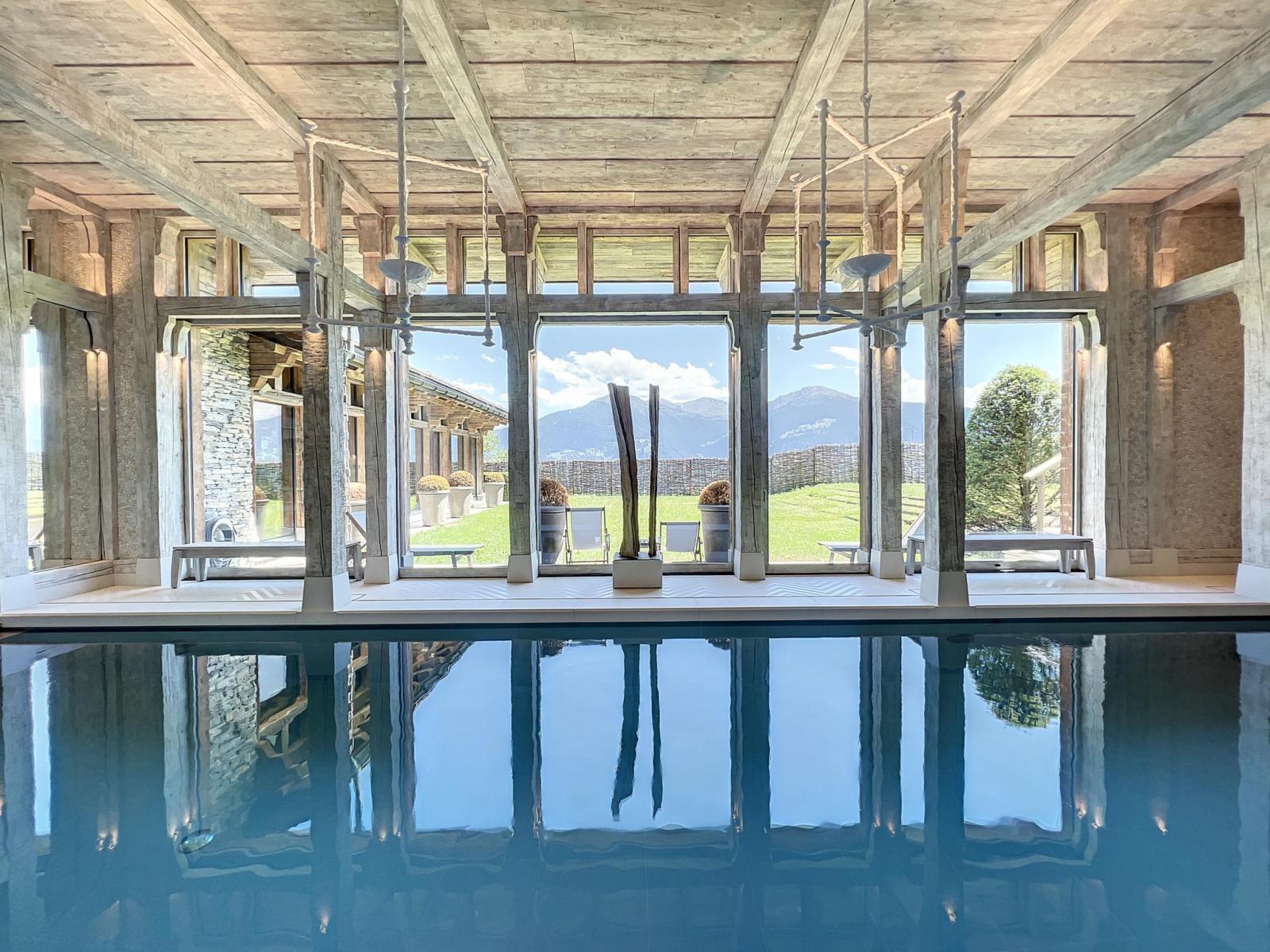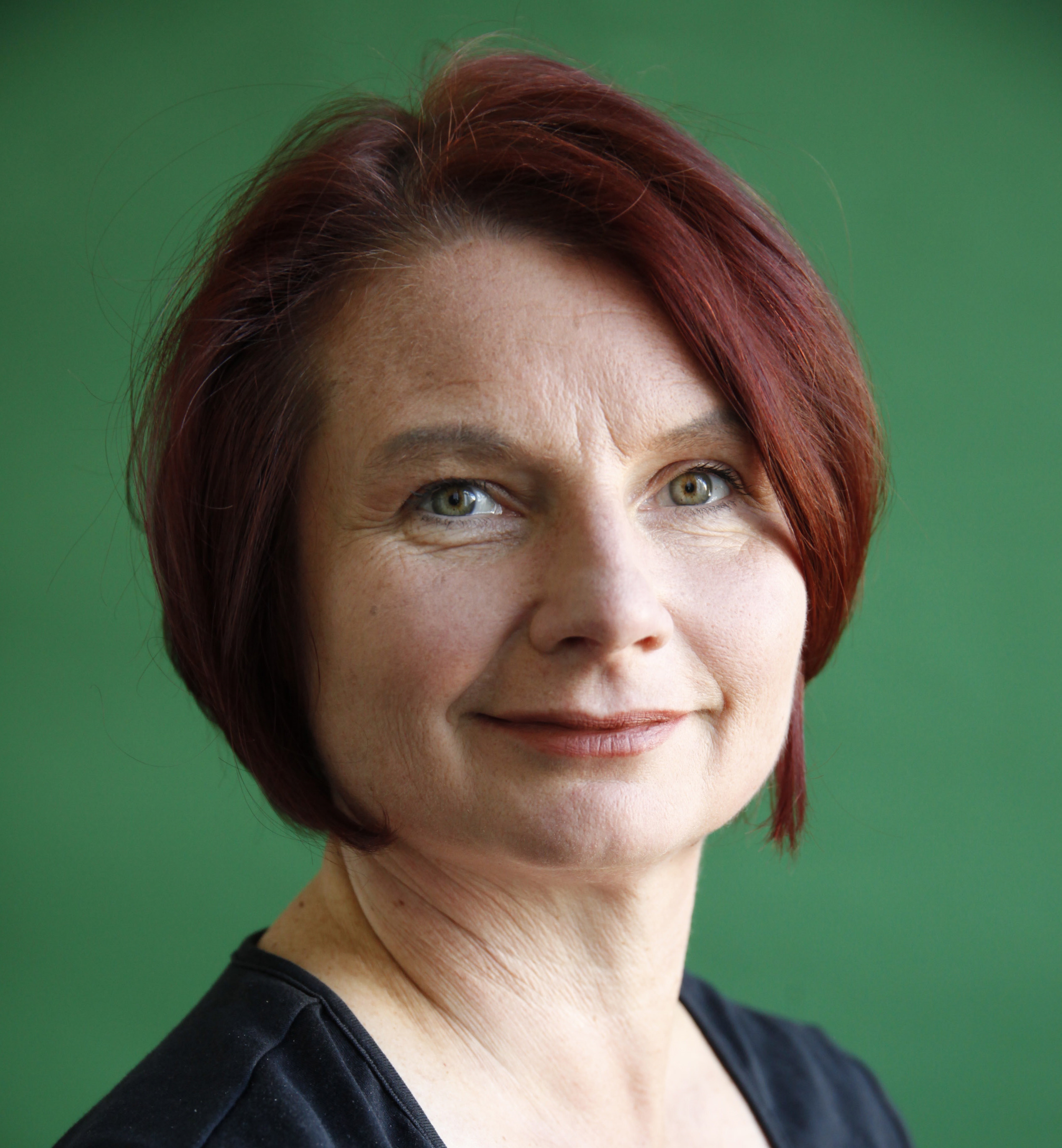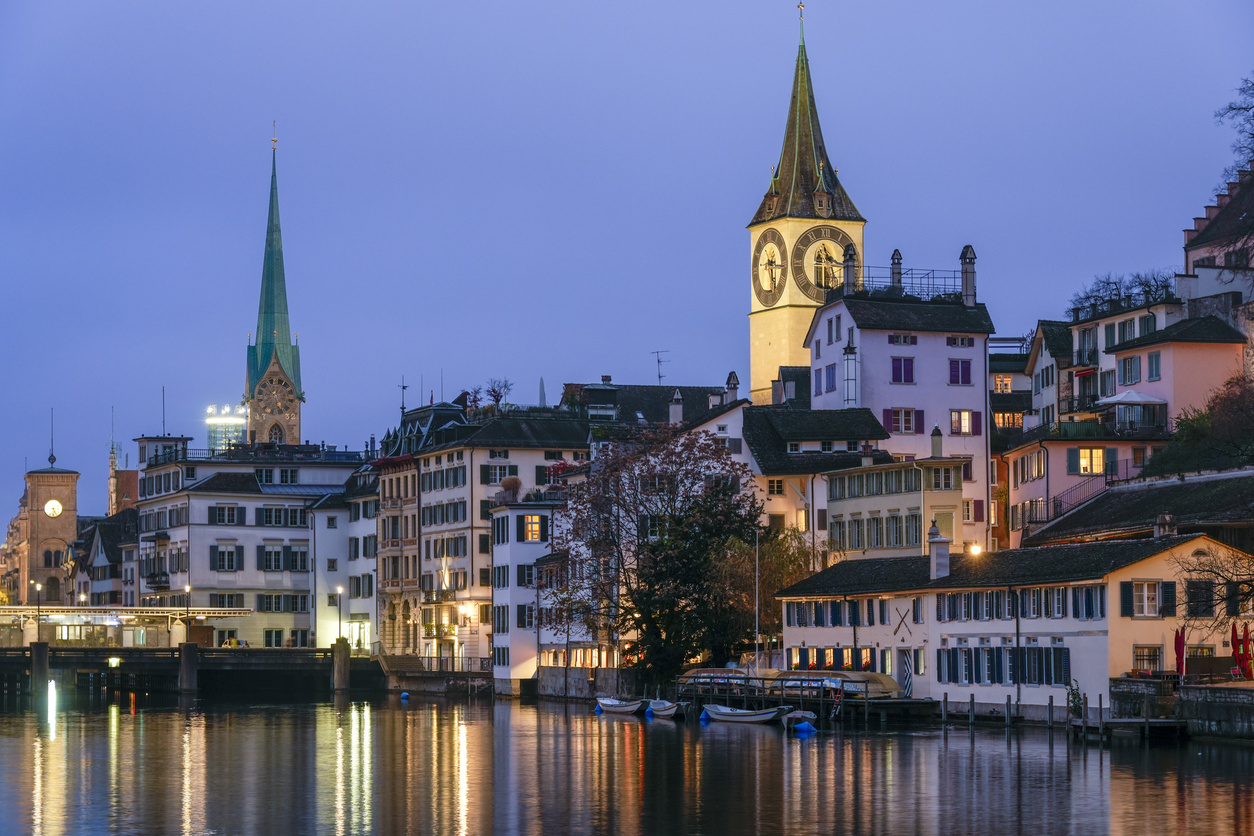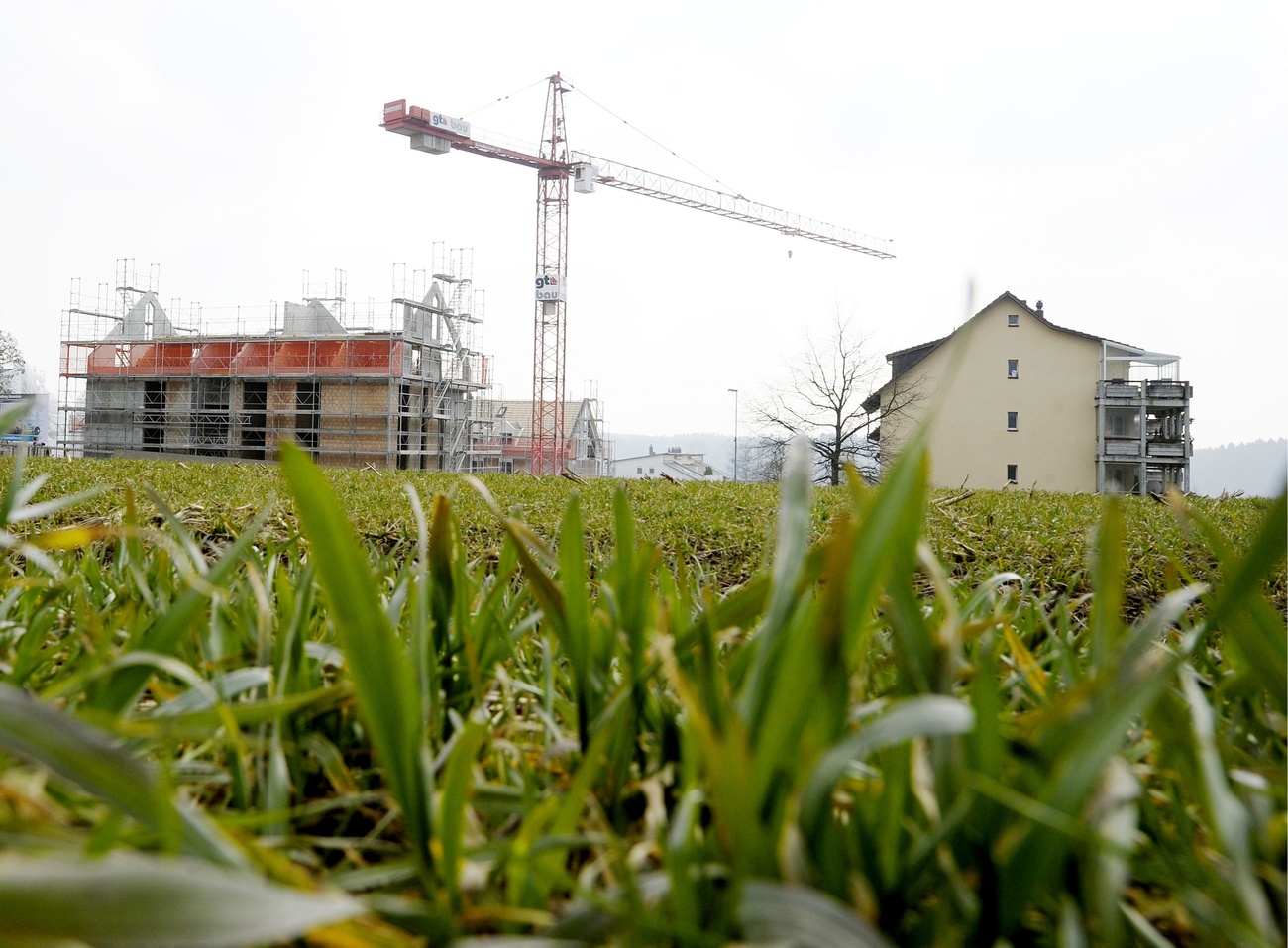Switzerland’s appeal for wealthy foreigners reaches new heights

Foreign demand for homes in Switzerland is at an all-time high and luxury real-estate is selling at record prices. That shows that despite the inconvenience of certain legal constraints the low-tax country retains its unique appeal among global elites.
A palatial chalet in the Alps has 15 rooms, 12 bathrooms, and an indoor swimming pool. It boasts two outbuildings, one for guests connected to the main house via tunnel, and another for offices and staff apartments. This property in Crans-Montana in canton Valais was built in the 2010s by a French family, as a place to gather with relatives. Its price, available only on request, is roughly CHF50 million ($54 million). “The demand for real-estate is intense at the moment,” said Jérôme Félicité, president of the board of directors of Barnes Suisse, the firm selling the property. “Prices have never been this high, especially in the mountain regions.”
+ Number of foreign workers surges in Switzerland
Switzerland’s mountain areas are highly prized by affluent foreigners. In the Val de Bagnes municipality in canton Valais, for example, which includes the fashionable resort of Verbier, the population increased by 4% between 2000 and 2022. It currently has 10,530 residents.
“We believe this increase is mainly due to secondary residents becoming full-time residents – after working remotely from here because of Covid-19,” explained Antoine Schaller, deputy secretary-general of the Val de Bagnes municipality. “These people realised it was possible to take advantage of nature and outdoor activities while working from their chalet.”
Lex Koller is a law that sets limits on foreign acquisition of properties in Switzerland. It has been loosened since it came into force in 1985. Henley & Partners, experts in residence and citizenship planning, explained that non-resident foreigners who want to purchase property in Switzerland must first obtain authorisation. But foreigners who already have B or C residence permits can easily buy real-estate. Even if they subsequently leave Switzerland, they can typically keep their property. For non-EU citizens, however, retaining property after leaving Switzerland can be complicated – although experience shows it is always worth negotiating with the authorities if your fortune is above a certain threshold.
Real-estate prices in this resort, which is especially popular among Britons and Scandinavians, are the highest they’ve ever been. Swiss buyers have to compete with foreigners for the rare properties for sale. According to Ski Property Report 2022External link, an analysis by the luxury-property company Naef Prestige Knight Frank, the average price per square metre has increased by 8% in the last year to nearly CHF28,000 ($30,500).
+ Why wealthy Norwegians are coming to Switzerland
“In practice, getting a residence permit goes hand in hand with buying a property,” said Bénédict Fontanet, a lawyer in Geneva. When a wealthy foreigner wishes to buy a property in Switzerland and make it their primary residence, permits are generally negotiated directly between lawyers and the authorities
Wave of buyers from London
Switzerland has long been considered a tax haven for rich foreigners, and it continues to maintain its allure. Most who relocate to Switzerland come from the European Union – but not all. “The typical profile is someone who is still working but has sold a portion of their business and wants to live in a peaceful place,” explained Fontanet.
Between 2020 and 2022, more people came from London and fewer from Russia compared to the decade of the 2000s. Russian oligarchs are currently subject to sanctions due to Russia’s invasion of Ukraine.
Maxime Dubus, head of SPG One|Christie’s International Real Estate, explained: “Brexit and the UK’s inflation and contracting economy have pushed some wealthy London residents to emigrate to Switzerland”. Dubus noted also that foreign commodity traders in Geneva are using their astronomic bonuses to buy properties in Switzerland and become permanent residents.
Lindemann Law, based in Zurich, has a large clientele from Russia, Ukraine, Kazakhstan, and Uzbekistan. “Most of our Russian-speaking clients who wish to move to Switzerland obtained EU citizenship or a Swiss residence permit years ago,” said Alexander Lindemann, the firm’s founder. “We had recommended this Plan B,” he explained, “and it has proven very useful because of the war in Ukraine”.
Lindemann noted that many affluent entrepreneurs from across Europe are also flocking to Switzerland because of its advantageous tax system. These people come on their own initiative or because of their jobs, with or without their families. They tend to work in financial technology or cryptocurrencies and live in multiple places.
The appeal of lump-sum tax
Switzerland’s appeal is largely due to its lump-sum taxation for foreign nationals, a tax based only on expenditures. This tax scheme was designed specifically for wealthy foreigners who wish to settle in Switzerland without exercising a lucrative activity. Foreigners eligible for this perk pay taxes based on specific living expenses within Switzerland rather than on their fortune.
The beneficiaries of lump-sum taxation include French-Israeli businessman Patrick Drahi; Frederik Paulsen, the Swedish founder of Ferring Pharmaceuticals; and the famous French singer Johnny Hallyday, who died in 2017 but was domiciled in Gstaad, a village in canton Bern, from 2006 to 2013.
Approximately 5,000 to 6,000 foreign residents in Switzerland are taxed under lump-sum rules. Most live in the French-speaking part of the country. According to tax-department statistics cited by Swiss public broadcaster RTS, canton Valais boasts the greatest number: nearly 1,000 households. The expenditure-based taxation mechanismExternal link is available in 21 out of the country’s 26 cantons. Exceptions include Zurich, the first canton to have a popular vote on the matter in 2009, and Basel.
Overall, lump-sum taxation seems to be losing steam. According to the newspaper Le Matin DimancheExternal link, the number of individuals benefiting from this tax perk had decreased in French-speaking cantons, especially in Vaud and Valais, between 2021 and 2022; as well as over the past decade. This is likely due to stricter monitoring, tightened rules, and fiercer international competition.
Switzerland, however, also attracts wealthy individuals who are willing to pay regular taxes instead of seeking the lump-sum package. They may want, for example, to work in Switzerland, which is not permitted under a lump-sum scheme. Or they may simply wish not to attract attention.
Personal income taxes in Switzerland vary widely from one canton to the next. The French-speaking cantons as well as Bern and Basel City have the highest tax burdens. But the regular Swiss tax rates are still advantageous compared to those in many other countries.External link
Switzerland’s total tax revenue is 28% of GDP. That is one of the lowest rates among the wealthy nations that belong to the Organisation for Economic Co-operation and Development (OECD), where the average is 34%. Germany’s tax revenue, for example, is around 40% of GDP; Italy’s and Austria’s are over 43% of GDP; and France’s is 45% of GDP.
Translated from French by Katherine Bidwell/edited by Virginie Mangin.

In compliance with the JTI standards
More: SWI swissinfo.ch certified by the Journalism Trust Initiative












You can find an overview of ongoing debates with our journalists here . Please join us!
If you want to start a conversation about a topic raised in this article or want to report factual errors, email us at english@swissinfo.ch.